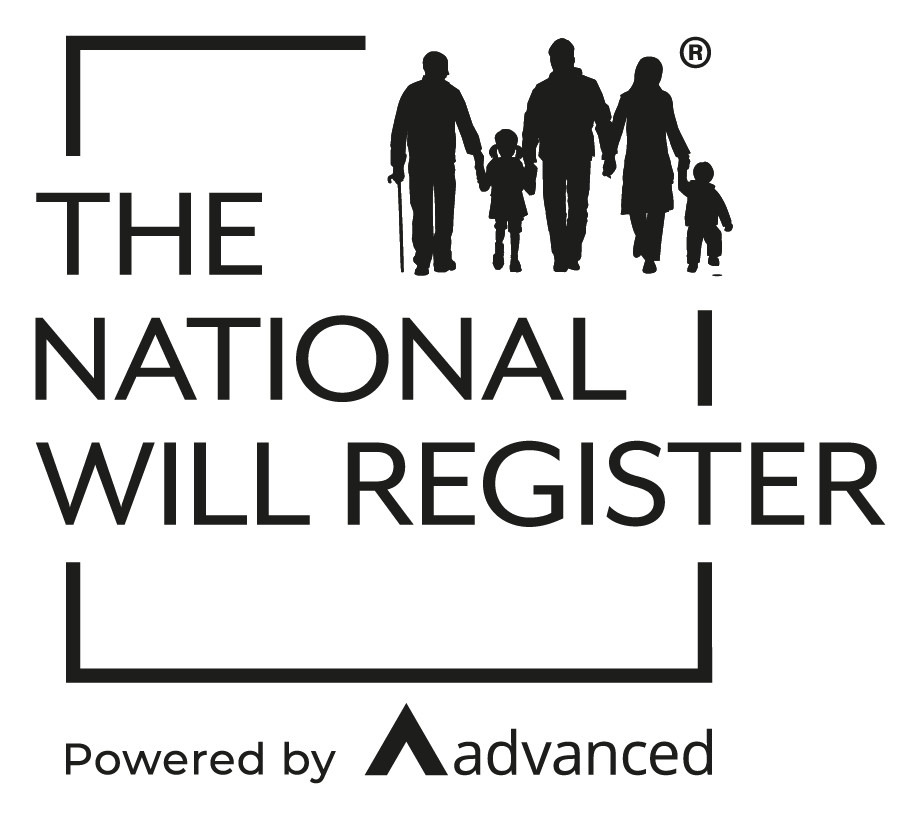What to Do When Someone Dies
This guide on what to do when someone dies maybe useful

GOV.UK guide on “What to do when someone dies”
There is a very useful step by step guide on the GOV.UK website on what to do when someone dies. It can be found here.
Register the Death
The first step after someone dies in the UK is to register their death. This must be done within five days (eight days in Scotland) by a close family member or the executor of the will. You will need to obtain a medical certificate of the cause of death from a doctor or hospital before you can register the death. You can register the death at the local register office in the area where the person died, or at a register office in a different area if you use the ‘Tell Us Once’ service.
Arrange the Funeral
Once the death has been registered, the next step is to arrange the funeral. This can be done by the family or by a funeral director. If the deceased had a pre-paid funeral plan, this should be followed. If not, decisions will need to be made about the type of funeral, such as burial or cremation, and the location and date of the service. The funeral director can help with these decisions and make all the necessary arrangements. It’s important to consider the wishes of the deceased and the family’s budget when making these decisions.
Notify Relevant Organisations
After the death has been registered and the funeral arrangements have been made, it’s important to notify relevant organisations of the death. This includes the deceased’s employer, if they were still working, and any government agencies that were providing benefits or services to the deceased, such as the Department for Work and Pensions or the local council.
It’s also important to notify any banks, insurance companies, and utility providers that the deceased had accounts with. This will ensure that any outstanding bills are paid and that any benefits or entitlements are cancelled or transferred to the appropriate person.
Deal with the Deceased’s Estate
Once the funeral has taken place and the necessary notifications have been made, it’s time to deal with the deceased’s estate. This includes gathering information about their assets and liabilities, such as bank accounts, property, and debts. If the deceased left a will, the executor named in the will is responsible for managing the estate. If there is no will, the next of kin will need to apply for letters of administration from the probate registry.
The estate will then need to be valued, any taxes paid, and the assets distributed to the beneficiaries according to the will or intestacy laws. It’s important to seek legal advice if you are unsure about any aspect of applying for probate or dealing with the deceased’s estate.
Bereavement Benefits and Financial Support

Seek Support and Counselling
Dealing with the death of a loved one can be an incredibly difficult and emotional time. It’s important to seek support and counselling to help you cope with your grief and emotions. There are many resources available, including bereavement support groups, counselling services, and online forums. Don’t be afraid to reach out for help and support during this challenging time. Remember, it’s okay to not be okay and to take the time you need to heal and process your emotions.
Whether you need help with practical matters or emotional support, there are resources available to help you through this difficult time. Many also offer further guidance on what to do when someone dies. We list some very helpful charities below:
Cruse Bereavement Care
Cruse Bereavement Care is a UK charity that provides support to individuals who have experienced the loss of a loved one. They offer a range of services, including one-on-one counselling, group support, and a helpline. Their services are available to anyone who has experienced a loss, regardless of age, gender, or religion. Cruse Bereavement Care also provides training and support to professionals who work with bereaved individuals.
The Good Grief Trust
The Good Grief Trust is a UK charity that aims to provide support and information to anyone who has experienced the loss of a loved one. They offer a directory of bereavement services and charities across the UK, as well as a helpline and online support groups. The Good Grief Trust also works to raise awareness about the impact of grief and the need for better support for those who are grieving.
Winston’s Wish
Winston’s Wish is a UK charity that provides support to children and young people who have experienced the death of a parent or sibling. They offer a range of services, including one-to-one support, group programs, and online resources. Winston’s Wish also provides training and resources for professionals who work with bereaved children and young people. Their goal is to help children and young people build resilience and cope with their grief in a healthy way.
Marie Curie
Marie Curie is a UK charity that provides care and support for people living with a terminal illness and their families. They offer a range of services, including hospice care, nursing care, and emotional support. Marie Curie also provides practical support, such as help with benefits and financial advice. Their goal is to help people with terminal illnesses live as comfortably and as fully as possible, while also supporting their families.
Child Bereavement UK
Child Bereavement UK is a national charity that provides support to families and professionals dealing with the death of a child or young person. They offer a range of services, including one-to-one support, group support, and training for professionals. Child Bereavement UK also provides resources and information for families and professionals, including books, leaflets, and online resources. Their goal is to help families and professionals understand and cope with the impact of bereavement on children and young people.
If you are unsure of what to do when someone dies in regard to dealing with probate and their estate, please contact us.
Wills and probate Cardiff
We’re excited to find out what we can do for you. Be it a dedicated service or a general inquiry, let’s chat and find out what the next steps are for you.



